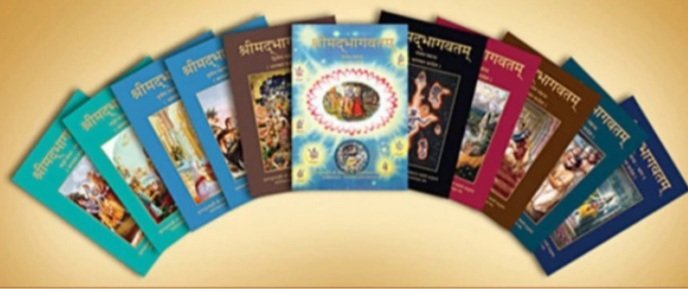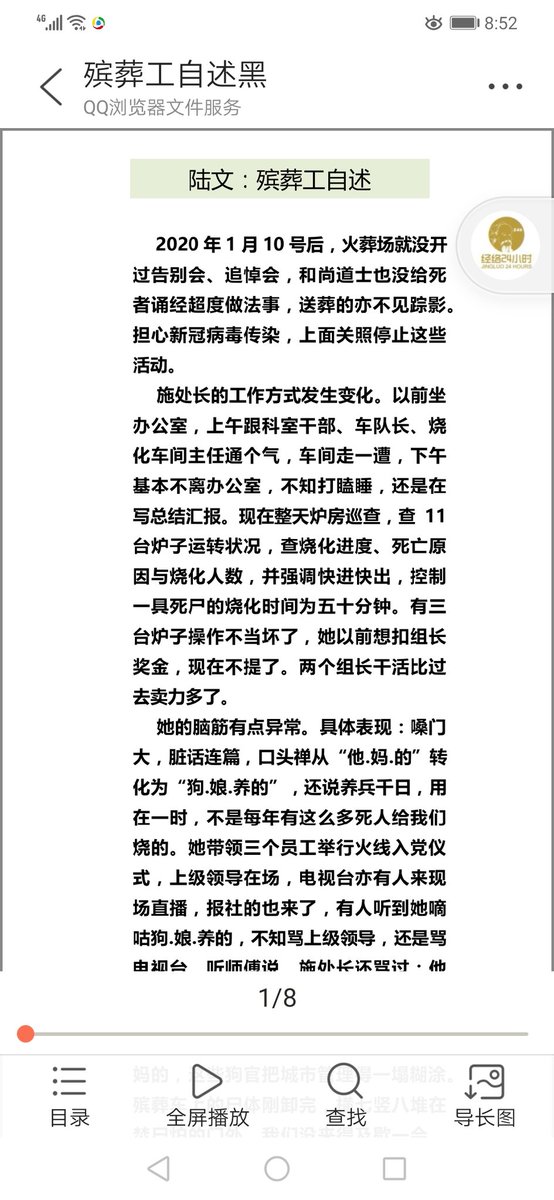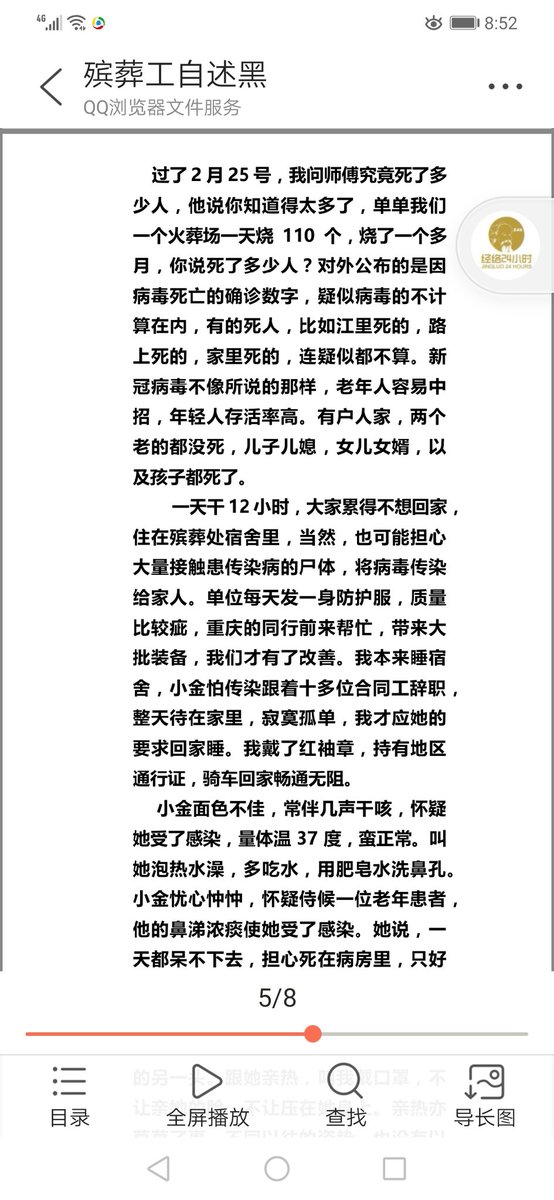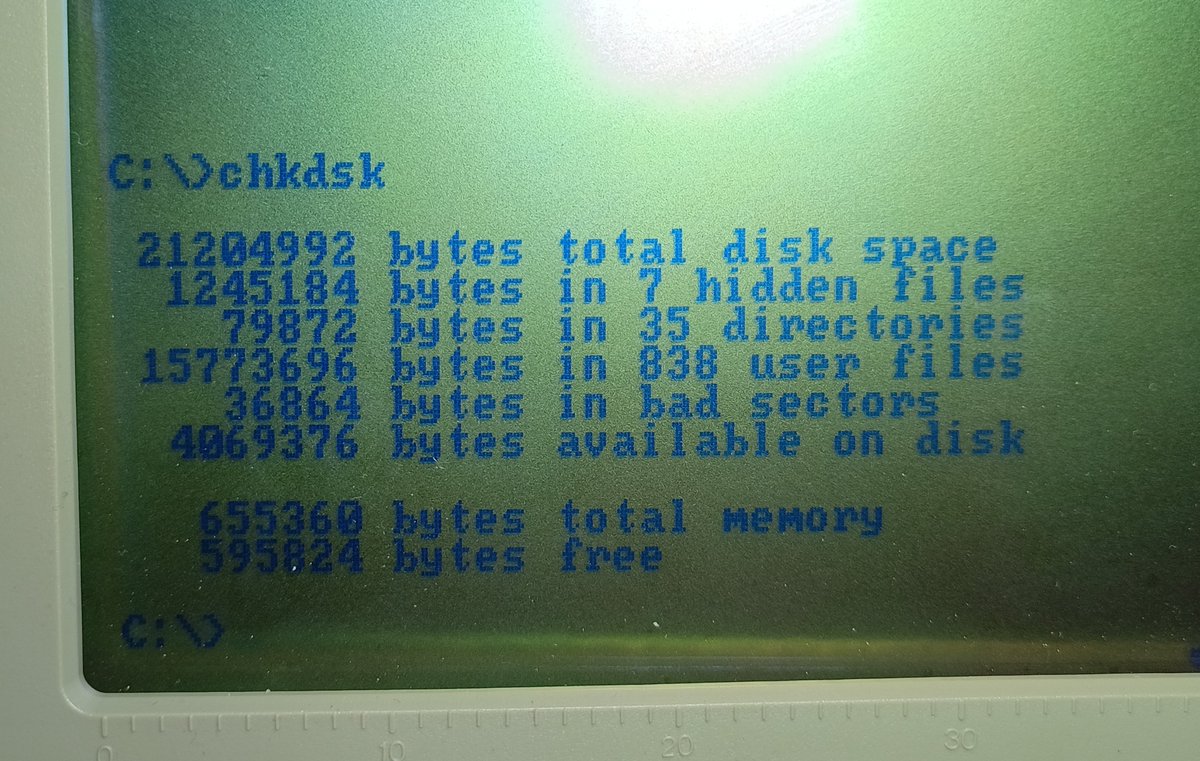The Senate's official history on its https://t.co/gLTPXi8eiT site recounts the Constitutional fact that the majority leader's presiding powers are derivative.
THREAD: a point worth addressing is "how would/should VP respond if GOP retained its majority, then voted to suspend/amend a Senate Rule depriving the presiding officer of power." Paragraph 6 of the article wasn't as strong as it could have been, on that point.
This piece by @ThatShockratees is the best thing you will read today.
— Greg Olear (@gregolear) December 15, 2020
We know Biden will replace Trump as President. We didn't know MVP Kamala can replace Mitch as presiding officer of the Senate.https://t.co/vSOlywz8Hn
The Senate's official history on its https://t.co/gLTPXi8eiT site recounts the Constitutional fact that the majority leader's presiding powers are derivative.
And then, return to the idea that the majority leader's presiding power is derivative/delegated by the VP . . .
More from For later read
Quantum causal loops
https://t.co/emX8OxKPl0
#loops #quantum
Large-scale commodity farming accelerating climate change in the Amazon
https://t.co/v3gA7OTP9E
#ClimateChange #forest #farm
Collapsed glaciers increase Third Pole uncertainties: Downstream lakes may merge within a decade
https://t.co/huAma56KeB
#glacier #lakes #ClimateChange
From trash to treasure: Silicon waste finds new use in Li-ion batteries
https://t.co/TkxKFDQMC6
#batteries #treasure #silicon #trash
You May Also Like
It was Ved Vyas who edited the eighteen thousand shlokas of Bhagwat. This book destroys all your sins. It has twelve parts which are like kalpvraksh.
In the first skandh, the importance of Vedvyas

and characters of Pandavas are described by the dialogues between Suutji and Shaunakji. Then there is the story of Parikshit.
Next there is a Brahm Narad dialogue describing the avtaar of Bhagwan. Then the characteristics of Puraan are mentioned.
It also discusses the evolution of universe.( https://t.co/2aK1AZSC79 )
Next is the portrayal of Vidur and his dialogue with Maitreyji. Then there is a mention of Creation of universe by Brahma and the preachings of Sankhya by Kapil Muni.
HOW LIFE EVOLVED IN THIS UNIVERSE AS PER OUR SCRIPTURES.
— Anshul Pandey (@Anshulspiritual) August 29, 2020
Well maximum of Living being are the Vansaj of Rishi Kashyap. I have tried to give stories from different-different Puran. So lets start.... pic.twitter.com/MrrTS4xORk
In the next section we find the portrayal of Sati, Dhruv, Pruthu, and the story of ancient King, Bahirshi.
In the next section we find the character of King Priyavrat and his sons, different types of loks in this universe, and description of Narak. ( https://t.co/gmDTkLktKS )
Thread on NARK(HELL) / \u0928\u0930\u094d\u0915
— Anshul Pandey (@Anshulspiritual) August 11, 2020
Well today i will take you to a journey where nobody wants to go i.e Nark. Hence beware of doing Adharma/Evil things. There are various mentions in Puranas about Nark, But my Thread is only as per Bhagwat puran(SS attached in below Thread)
1/8 pic.twitter.com/raHYWtB53Q
In the sixth part we find the portrayal of Ajaamil ( https://t.co/LdVSSNspa2 ), Daksh and the birth of Marudgans( https://t.co/tecNidVckj )
In the seventh section we find the story of Prahlad and the description of Varnashram dharma. This section is based on karma vaasna.
#THREAD
— Anshul Pandey (@Anshulspiritual) August 12, 2020
WHY PARENTS CHOOSE RELIGIOUS OR PARAMATMA'S NAMES FOR THEIR CHILDREN AND WHICH ARE THE EASIEST WAY TO WASH AWAY YOUR SINS.
Yesterday I had described the types of Naraka's and the Sin or Adharma for a person to be there.
1/8 pic.twitter.com/XjPB2hfnUC





















